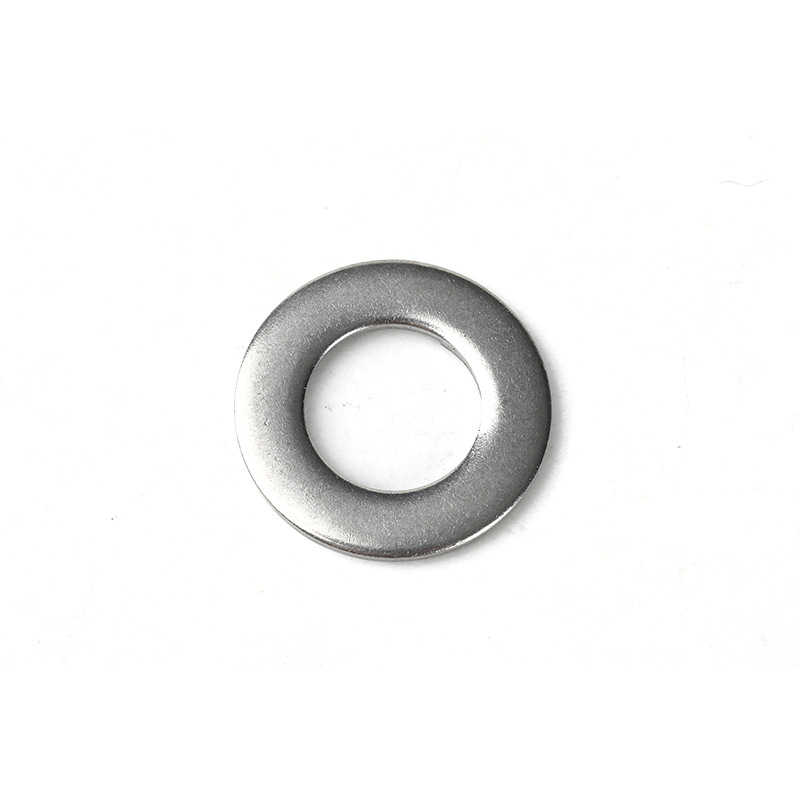

washer for 1 4 bolt
نومبر . 12, 2024 14:17 Back to list
washer for 1 4 bolt
Understanding Washers for 1/4 Bolts A Comprehensive Guide
When it comes to securing components in construction, machinery, and various DIY projects, bolts play a pivotal role. However, the use of washers is just as crucial for ensuring a secure and stable connection. This article delves into the significance of washers, specifically for 1/4 inch bolts, exploring their types, materials, applications, and installation tips.
What is a Washer?
A washer is a thin, flat piece of material, typically circular in shape, that serves several purposes in bolted connections. It acts as a spacer, providing a surface for the bolt to bear against and distributing the load more evenly. This helps reduce the likelihood of damage to the surface being fastened. Additionally, washers can prevent the bolt from loosening over time, enhance the sealing between surfaces, and isolate components from electrical currents when using insulated washers.
Why Use Washers with 1/4 Bolts?
1/4 inch bolts are commonly used in various applications, from furniture assembly to automotive repairs. The inclusion of washers with these bolts can enhance the integrity of the connection significantly. Here are several reasons why washers are important for 1/4 bolts
1. Load Distribution Washers help distribute the load over a larger area. This is particularly vital when working with softer materials, such as wood or plastics, where the bolt's head can easily sink into the material, potentially leading to failure.
2. Prevention of Loosening Vibration and movement can cause bolts to loosen over time. Lock washers, a specific type of washer designed to grip the bolt and the surface, can mitigate this issue and keep fasteners securely in place.
3. Protection of Surfaces When using bolts, the head can scratch or damage the surface of the material. A washer acts as a protective barrier, preserving the integrity of the workpiece.
4. Corrosion Resistance Certain washers are designed with protective coatings or are made from corrosion-resistant materials. This can be particularly important in outdoor or marine applications, where exposure to the elements is a concern.
Types of Washers for 1/4 Bolts
Several types of washers are suitable for use with 1/4 inch bolts, each with its unique benefits
1. Flat Washers These are the most common type and provide a flat surface for the nut or bolt head to rest against. They help in load distribution and protect surfaces from wear.
washer for 1 4 bolt

2. Lock Washers These washers have a unique design that helps prevent bolted connections from loosening due to vibration. They come in several styles, including split, tooth, and wave lock washers.
3. Spring Washers Known for their ability to maintain tension and provide resilience, spring washers are often used in applications where a flexible connection is required.
4. Sealing Washers Used in applications that require a watertight or airtight seal, these washers are often made from rubber or other polymers.
Materials of Washers
Washers can be made from various materials, including
- Steel Often galvanized or stainless steel for added corrosion resistance, steel washers are strong and versatile. - Plastic Nylon and other plastics are good for lightweight applications and can provide insulation. - Rubber Used primarily for sealing purposes, rubber washers can help prevent leakage in plumbing or hydraulic applications.
Installation Tips
When installing washers with 1/4 bolts, consider the following tips
1. Correct Size Ensure that the washer is the correct size for the bolt, allowing it to cover the load-bearing surface adequately.
2. Inspect for Damage Before installation, check washers for any signs of wear or damage, as defective washers can compromise connections.
3. Use the Right Type Choose the type of washer that best fits the application—be it flat, lock, spring, or sealing washers—based on the specific needs of your project.
4. Tighten Appropriately Avoid overtightening, which can damage both the washer and the assembly. Tighten according to the manufacturer’s specifications.
In conclusion, using washers with 1/4 bolts is an integral part of any fastening solution. By understanding the different types, materials, and applications, as well as adhering to installation best practices, you can enhance the stability and durability of your projects. Whether you're a professional contractor or a DIY enthusiast, the importance of a simple washer should never be underestimated. They are invaluable components that ensure your connections remain secure and effective over time.
Latest news
-
Premium Self Tapping Metal Screws: Strong & Easy Install
NewsAug.02,2025
-
Premium Fasteners Manufacturer | AI-Driven Solutions
NewsAug.01,2025
-
Hot Dip Galvanized Bolts - Hebei Longze | High Strength, Corrosion Resistance
NewsAug.01,2025
-
High-Strength Hot Dip Galvanized Bolts - LongZe | Corrosion Resistance, Custom Sizes
NewsAug.01,2025
-
Best Self Tapping Screws for Drywall - Fast & Secure Installation
NewsJul.31,2025
-
High-Strength Hot Dip Galvanized Bolts-Hebei Longze|Corrosion Resistance&Customization
NewsJul.31,2025

